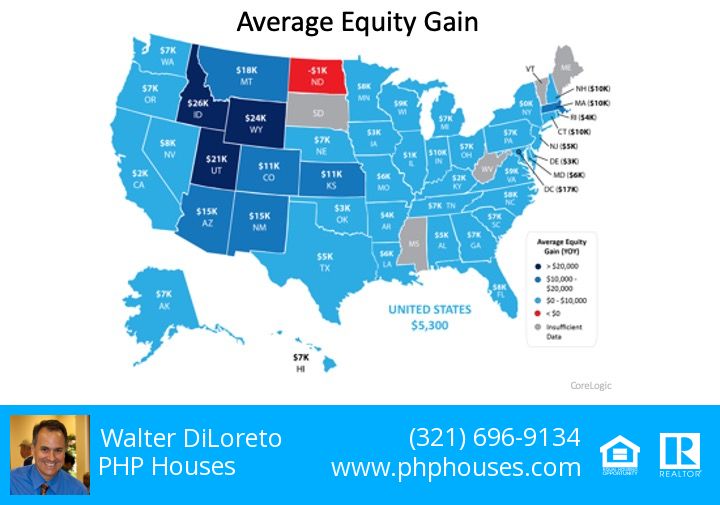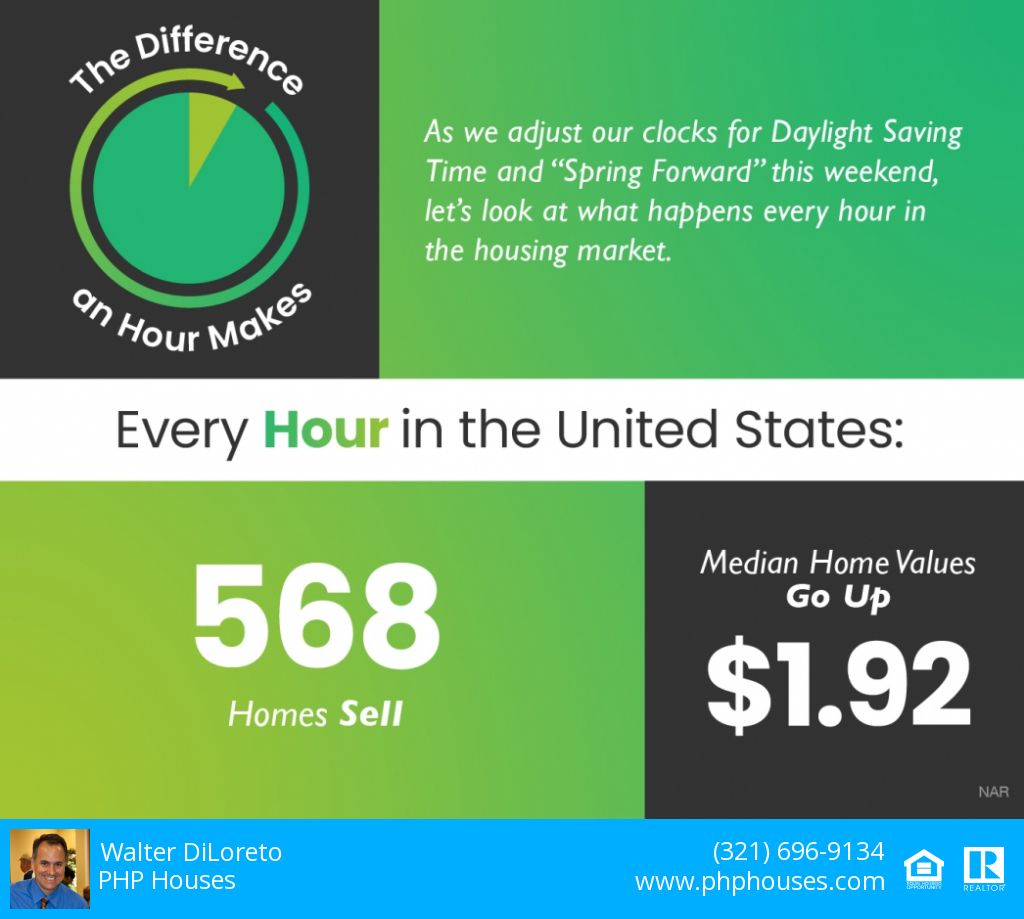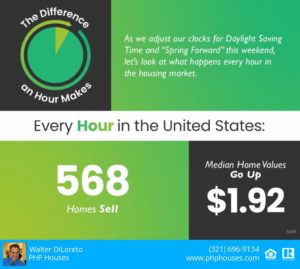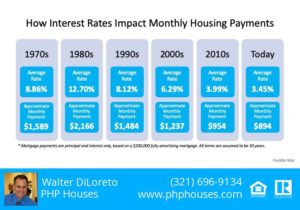Homeowners can have a tough time trying to avoid foreclosure. Late fees, exorbitant monthly payments, and other bills can make affording your current home a nightmare. Tackle on unexpected financial hardships and you’ll almost certainly experience the foreclosure process. But homeowners aren’t alone when needing foreclosure help in Orange Seminole Volusia Lake Osceola Counties, FL. There are many programs and methods to avoid foreclosure when trying to save your home.
Government Foreclosure Help

There are several places to find foreclosure help in Orange Seminole Volusia Lake Osceola Counties, FL. Seeking foreclosure help from the government is one of the most common methods. Before contacting your lender about general loan modification, familiarizing yourself with the current initiatives enacted by the federal government can give homeowners the much-needed edge to avoid foreclosure.
One of the most common programs used by homeowners in foreclosure trouble is the Home Affordable Modification Program (HAMP).
Specifically, HAMP is used to lower a borrower’s monthly mortgage payments to make them both affordable and sustainable. The program achieves this by adjusting interest rates, extending payment terms, and reducing – or even forbearing – the loan’s principal for qualified homeowners. HAMP boasts that homeowners save approximately $500 per month on average. Half a grand can be home-saving for homeowners seeking foreclosure help.
Another loan modification plan went into effect 2013 to help homeowners avoid foreclosure. Created by Federal Housing and Finance Administration (FHFA), the Streamlined Modification Initiative (SMI) is similar to HAMP by offering homeowners the opportunity to redefine their mortgage payment plan.
Unlike HAMP, however, SMI allows borrowers to qualify for mortgage relief without gathering mountains of paperwork and applying. The mortgage company must mandatorily offer SMI after a borrower misses payment deadlines before initiating foreclosure, typically between 3 and 24 months.
Before SMI modifies the loan permanently, eligible borrowers will be required to make 3 on-time trial payments. The exact terms for those trial payments will differ among homeowners, but will be based on a fixed interest rate and sent through a letter in the mail. Once the trial is completed successfully, the loan changes are permanent. The SMI may also require principal forbearance and extended payment terms for some underwater borrowers.

“This new option gives delinquent borrowers another path to avoid foreclosure.” FHFA acting director Edward DeMarco said in a press release when SMI was initially proposed. “We will still encourage such borrowers to provide documentation to support other modification options that would likely result in additional borrower savings.”
SMI was enacted to minimize losses and help financially troubled homeowners avoid foreclosure. The program specifically targets government-sponsored agencies Fannie Mae and Freddie Mac, two of the leading insurers in the nation. Currently, the program works in tangent with a new government initiative enacted this year called the Principal Reduction Modification Program (PRMP).
PRMP is a one-time program for underwater borrowers that need assistance meeting monthly mortgage payments. This new program builds on the pre-existing SMI. If the homeowners can meet the lower payments and accept the lender’s final modification, the principal forbearance amount instituted by SMI will be forgiven. This means that homeowners who qualify for a PRMP will not have to pay back portions of their loans ever. It’s a greatly limited program for borrowers that need foreclosure help in San Antonio, TX.
If homeowners can’t qualify for any of the multitudes of loan modification programs or seek general consultation, the U.S. Department of Housing and Urban Development (HUD) offers free housing counseling services. By contacting an HUD-approved foreclosure avoidance counselor, homeowners can receive information and assistance necessary to avoid foreclosure. This option can be found conveniently on HUD’s website and is no-cost foreclosure help from the government.
Foreclosure Help for Veterans

Seeking foreclosure help in Orange Seminole Volusia Lake Osceola Counties, FL can be especially easy for veterans. In addition to the government programs offered above, veterans can seek help from the U.S. Department of Veterans Affairs (VA). VA not only offers ample benefits, news, and careers for active and retired servicemen and women, it provides a plethora of resources designed to keep veterans in their homes.
One of VA’s more helpful resources is the Home Loan Guaranty Service (HLGS). This program offers the assistance of more than 150 trained loan technicians situated throughout the country.
Much like HUD’s housing counselors, the service helps veterans understand how to retain their homes and avoid foreclosure with knowledge and assistance. They have some of the lowest rates in the industry while specifically targeting veterans that need government foreclosure help. Impressively, HLGS has helped nearly 300,000 veterans who were delinquent in their mortgage find a solution to avoid foreclosure.
Many veterans struggling to make monthly mortgage payments find relief in a VA streamline refinance loan. They’re similar to SMI but are restricted to homeowners that are also veterans. Officially known as an Interest Rate Reduction Refinance Loan (IRRRL), an IRRRL is a VA-guaranteed loan that lowers your interest rate. Consequently, it decreases the monthly principal and interest payments and offers veterans a better chance at making payments. Veterans are eligible for these refinance loans if their home loan is one of the special VA-guaranteed loans.
Receiving an IRRRL does not require an appraisal, credit information, or underwriting. This allows veterans to apply without restrictions, saving precious time and money during the high-stress situation of a foreclosure. Veterans are allowed to use an IRRRL to refinance an underwater home though. (Remember, being underwater means owing more to your lender than your home is worth.) The basis for an IRRRL is the existing VA loan that cannot be paid, instead of the current market value of your home. Therefore, veterans can receive a greater refinance to pay off any financial hardships keeping them from making those mortgage payments.
Foreclosure Help to Save Your Home

If the loan modification process seems too time-consuming or a homeowner isn’t eligible for the government foreclosure help, there is yet another option. Many homeowners at risk for foreclosure seek foreclosure help by contacting a company that buys houses directly. This option is not only less stressful, it’s also extremely effective when trying to avoid foreclosure.
Many homeowners assume that house buyers are solely interested in buying properties.
However, many house buying investment companies would rather offer free foreclosure help to homeowners in need than make a sale.
House buying companies know the emotional and financial stress caused by foreclosing and all sympathetic to those experiencing financial issues. They’re also unbiased; unlike your lender, house buyers have no financial stake in your loan defaulting. Before making a call to your mortgage lender, contact a house buying company to see what your options are from an unbiased point of view. Unsolicited and sympathetic foreclosure help in Orange Seminole Volusia Lake Osceola Counties, FL is always the best option.
PHP Houses is one such house buying company in Orange Seminole Volusia Lake Osceola Counties. Give us a call at 407-641-1531 so we can help you with options to avoid foreclosure.
Contact us:
PHP Houses
142 W Lakeview Ave
Unit 1030
Lake Mary, FL 32746
Ph: (407) 519-0719
Fax: (407) 205-1951
email: info@phphouses.com
Let’s Connect:
Facebook
Linkedin
Twitter
Instagram


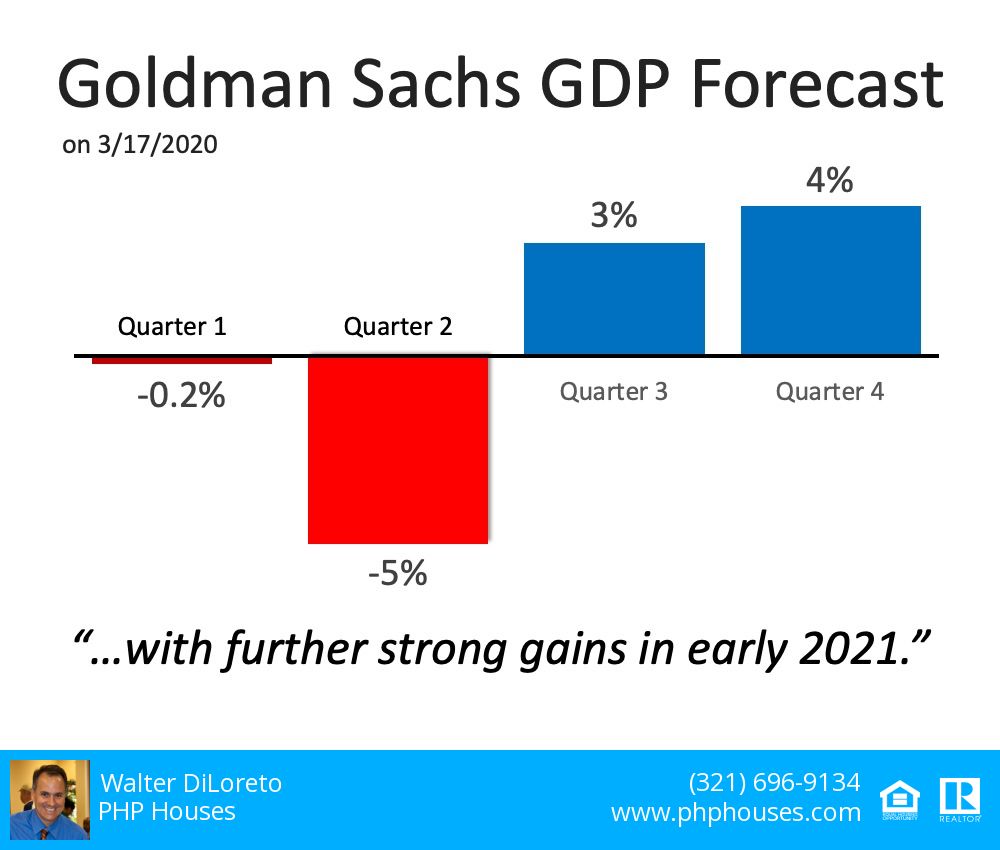
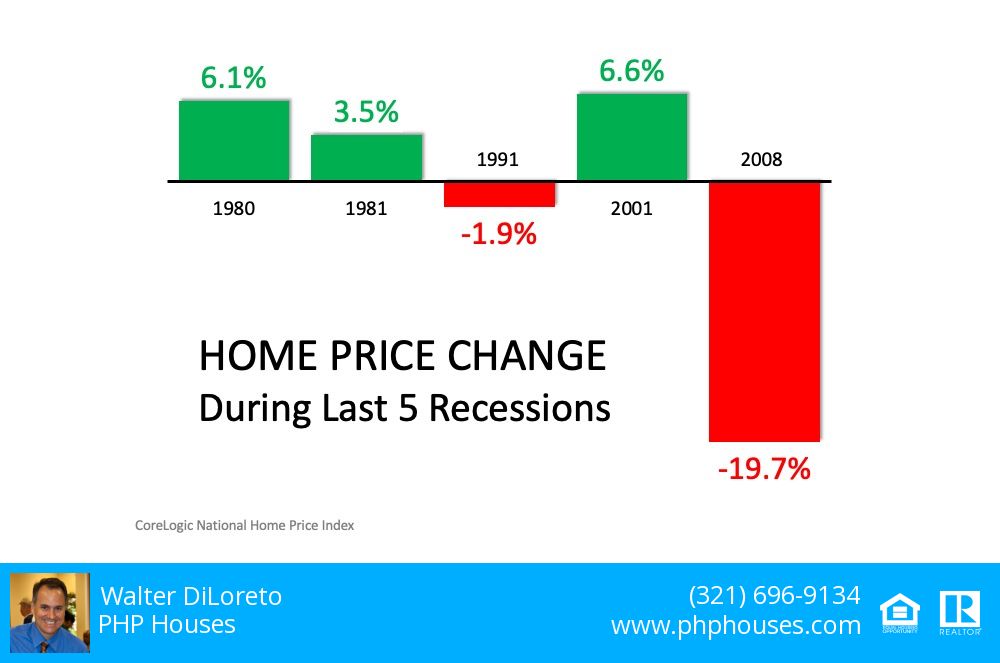
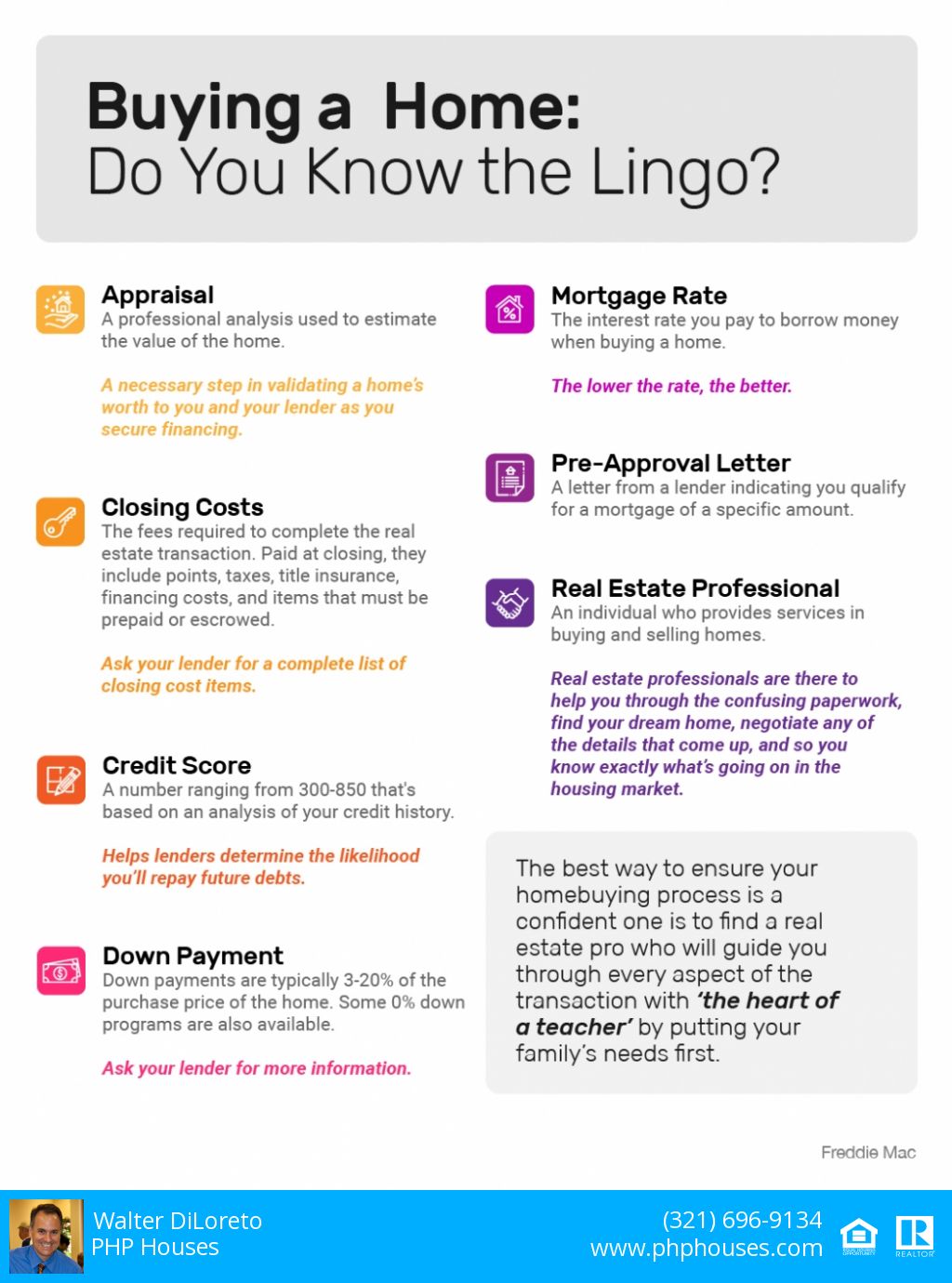

 Many homeowners find themselves at risk for foreclosure after accruing a large amount of debt. They might think filing for bankruptcy is the simplest solution to escape their financial troubles. In some instances and with enormous debts, that can be true. However, if a homeowner isn’t keen on a lengthy litigation process and wants to halt the foreclosure process immediately, filing for bankruptcy might not be the best strategy for how to stop foreclosure in FL. Once an individual files the petition for bankruptcy, federal law prohibits debt collectors from seizing assets to pay off what’s owed. Since foreclosure is considered a collection activity, mortgage lenders must halt the foreclosure process. Once in court though, the bankruptcy trustee’s role is to play mediator between the filer and creditors, not absolve debt. Going through the courts will buy borrowers time to make past mortgage payments, but it won’t stop the foreclosure process completely. Filing for bankruptcy also has
Many homeowners find themselves at risk for foreclosure after accruing a large amount of debt. They might think filing for bankruptcy is the simplest solution to escape their financial troubles. In some instances and with enormous debts, that can be true. However, if a homeowner isn’t keen on a lengthy litigation process and wants to halt the foreclosure process immediately, filing for bankruptcy might not be the best strategy for how to stop foreclosure in FL. Once an individual files the petition for bankruptcy, federal law prohibits debt collectors from seizing assets to pay off what’s owed. Since foreclosure is considered a collection activity, mortgage lenders must halt the foreclosure process. Once in court though, the bankruptcy trustee’s role is to play mediator between the filer and creditors, not absolve debt. Going through the courts will buy borrowers time to make past mortgage payments, but it won’t stop the foreclosure process completely. Filing for bankruptcy also has  Although homeowners have several methods available to saving their property from repossession, some options are better than others.
Although homeowners have several methods available to saving their property from repossession, some options are better than others. 


